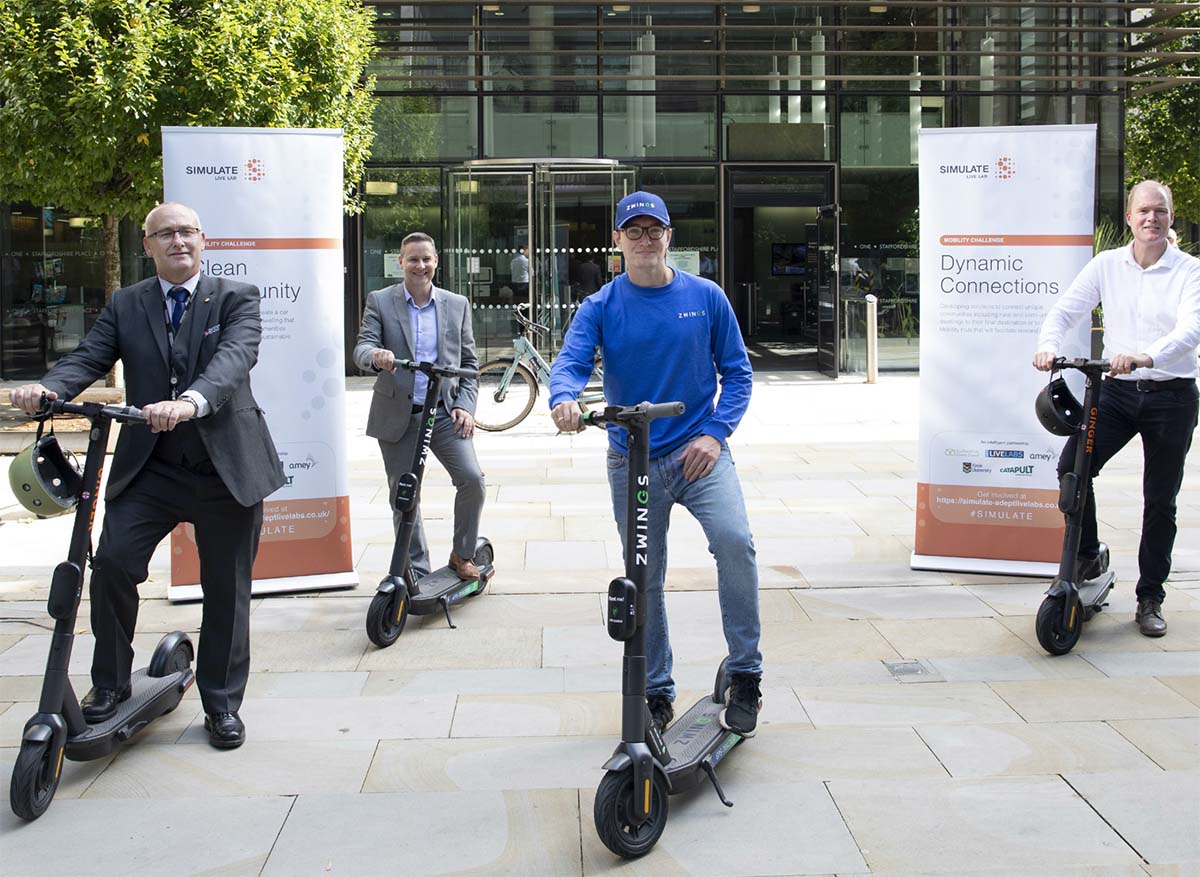
Without doubt, we are going through major changes at the moment with many overlaying trends. We are dealing with the worry of Covid, working from home, a battered economy, regional lockdowns and so much more.
We are having to reset so many of our relationships, repurposing our business proposition, reassessing value and, most importantly, building resilience into our businesses.
As Stephen explained: “In April or May of this year, most of us thought that we had to get through the national lockdown and then everything would go back to normal. Now we know there is not a post-Covid world and therefore we all need to respond commercially to meet the needs of the new normal”.
How is the economy faring?
Let’s say that the economy will be 10% down on the previous year. We then have to make up that missing 10%. Of course it could be larger as this has not really fully played out yet. One positive view is that due to the home working situation, we have actually saved at least two hours a day in commuting - could this gained two hours be turned into profit?
The Chancellor is surely coming to get all this money back next year?
Yes, and that is why the Chancellor stated that he needs to make sure that the economy is robust to ensure he has the resources to shore up the public purse. He has added that it was the work of his predecessors that enabled us to react in the way that we have. I think the answer is one thing at a time. Nor do l think there is any pressing need. One
of the things to come out of all this is an understanding of money as a social construct, or social tool not dissimilar to the wartime experience.
How do we build back better?
We need to pursue the levelling up agenda within the wider societal framework, across the world; political, religious, social leaders – looking at ways to build back better. Looking at ethnicity and gender for example. We need to ensure full participation in the social economic framework and this in turn, increases the size of the national pie.
Do you feel that home-working is going to create a monumental shift in cities?
The dislocation of the city infrastructure will be enormous. I can’t see it going back to the way it was because there are great benefits to firms and individuals in this new way of working. Climate change was pushing us in this direction anyway so there will be a time when we have to re-purpose our assets and the way we utilise buildings, land, technology and machinery. It’s a fundamental shift and, l feel it will ultimately be a blended solution.
Is the UK in any better position than any other country?
In some ways, yes. If you look at the historical key strengths of the UK, they have been around the high end services, the blending on technology and design. So often it’s the classic story - we create and then sell off to another country. It is time to keep our innovation, to create and build it right here. The UK is in a strong position but we have always struggled with scaling up and retaining those business here at home. If there is a real reduction in mobility of people and we can’t replicate the benefits that those people bring, then it might hit the UK disproportionately hard.





